This is part of the Labeling Basics series in which I am taking labeling back to its most fundamental parts, starting with the legal terms used and then going on to each requirement for soap and cosmetic labels.
The labeling laws for items that ARE consumer commodities are different than items that ARE NOT consumer commodities. Knowing if a product is classed as a consumer commodity will help you determine whether certain laws or regulations apply.
Key Words to Know
Consumer
A person who purchases goods or services.
Commodity
Something that is bought and sold.
Directly from the law:
The term consumer commodity means … any food, drug, device, or cosmetic, … and any other article, product, or commodity of any kind or class which is customarily produced or distributed for sale through retail sales agencies or instrumentalities for consumption by individuals, or use by individuals for purposes of personal care or in the performance of services ordinarily rendered within the household, and which usually is consumed or expended in the course of such consumption or use.
15 USC 1459(a)
In other words, a consumer commodity is something that a person (the consumer) purchases in a store on online (retail) to be used at home or personnally, and which is normally used up (consumed).
However, if you buy something retail for use in the home or for personal use but it’s not used up, then it is generally not a consumer commodity.
Examples of consumer commodities:
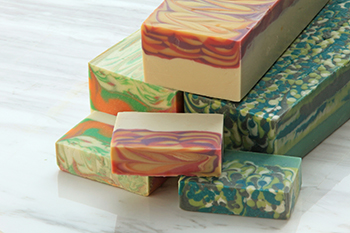
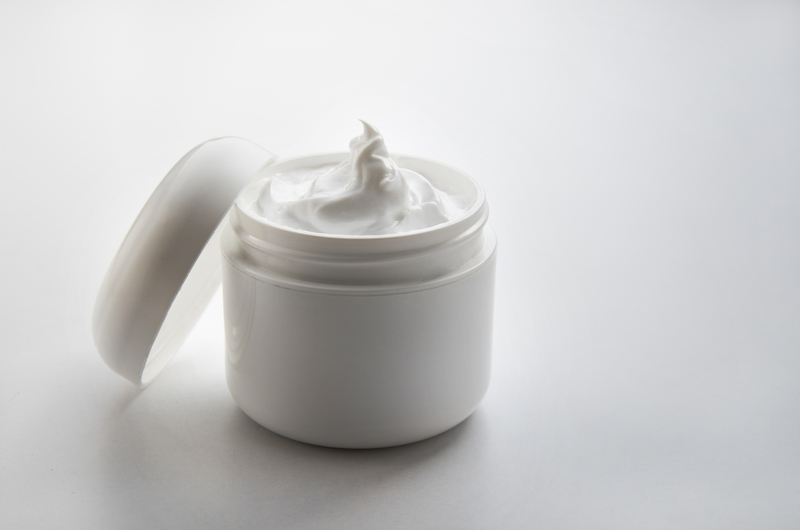
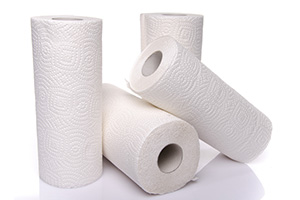

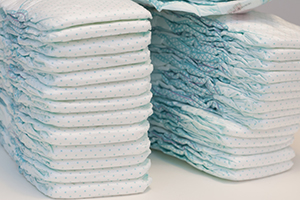
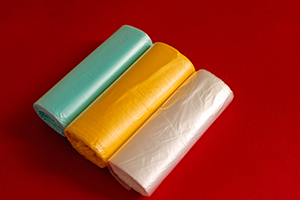
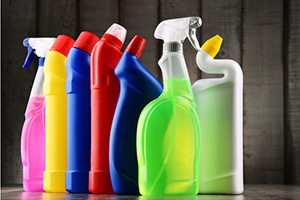

Why is it important?
The labeling of consumer commodities is covered by the Fair Packaging and Labeling Act (FPLA). The FDA created regulations to implement the FPLA for food, drugs, and cosmetics. The Federal Trade Commission (FTC) created regulations to implement the FPLA for all other consumer commodities.
If it’s a consumer commodity, the labeling must comply with the Fair Packaging and Labeling Act.

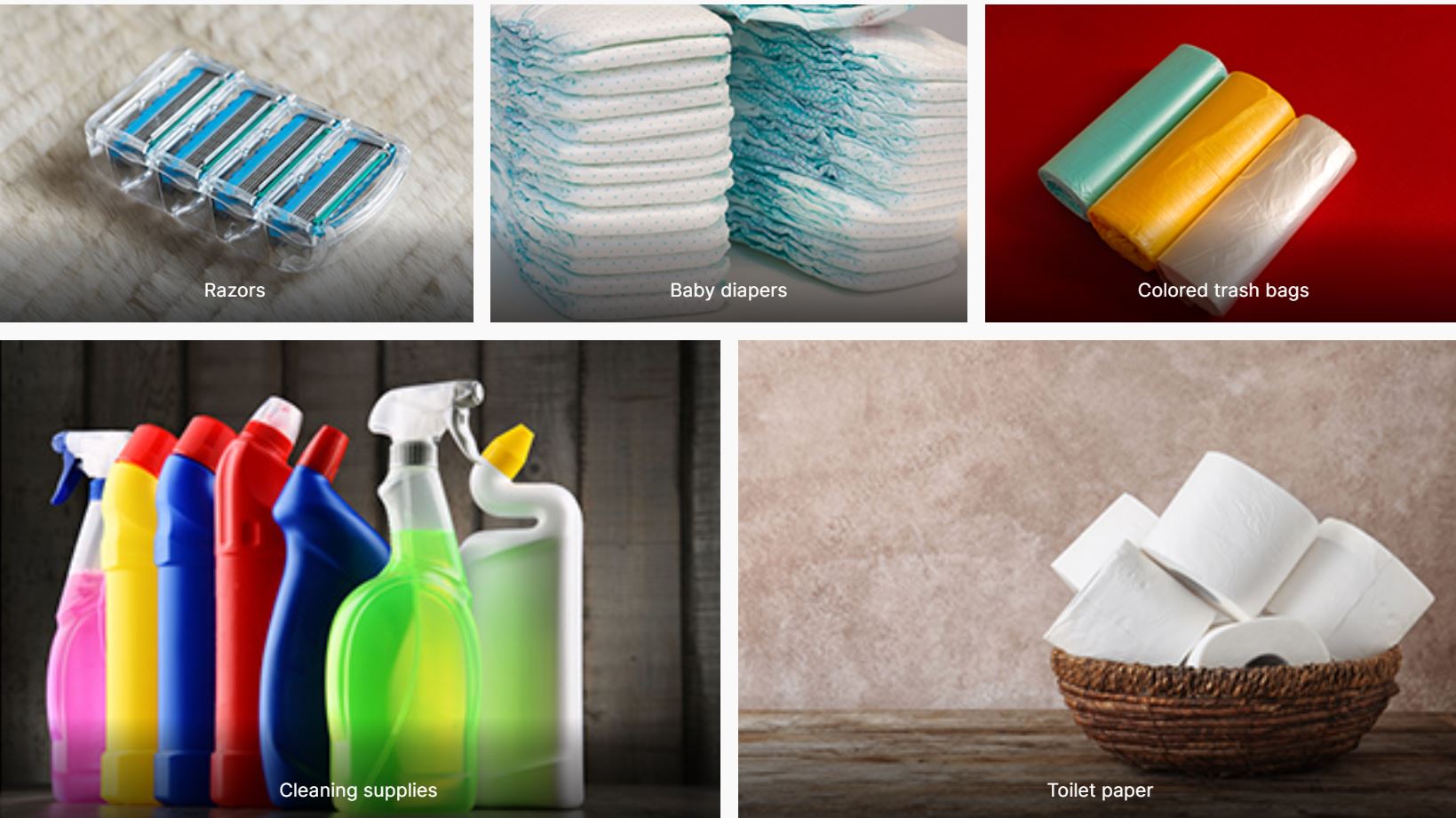
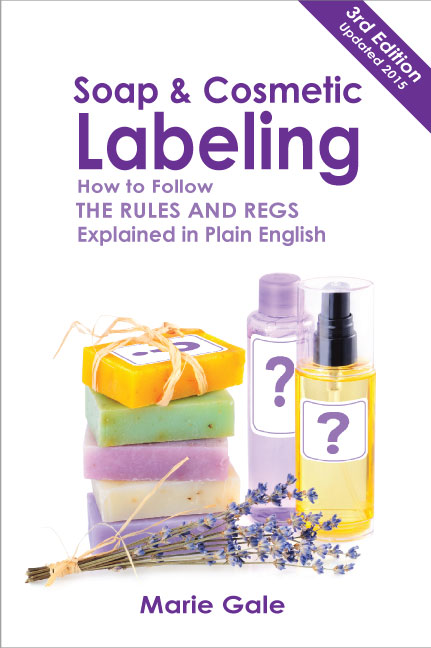

Leave a Reply